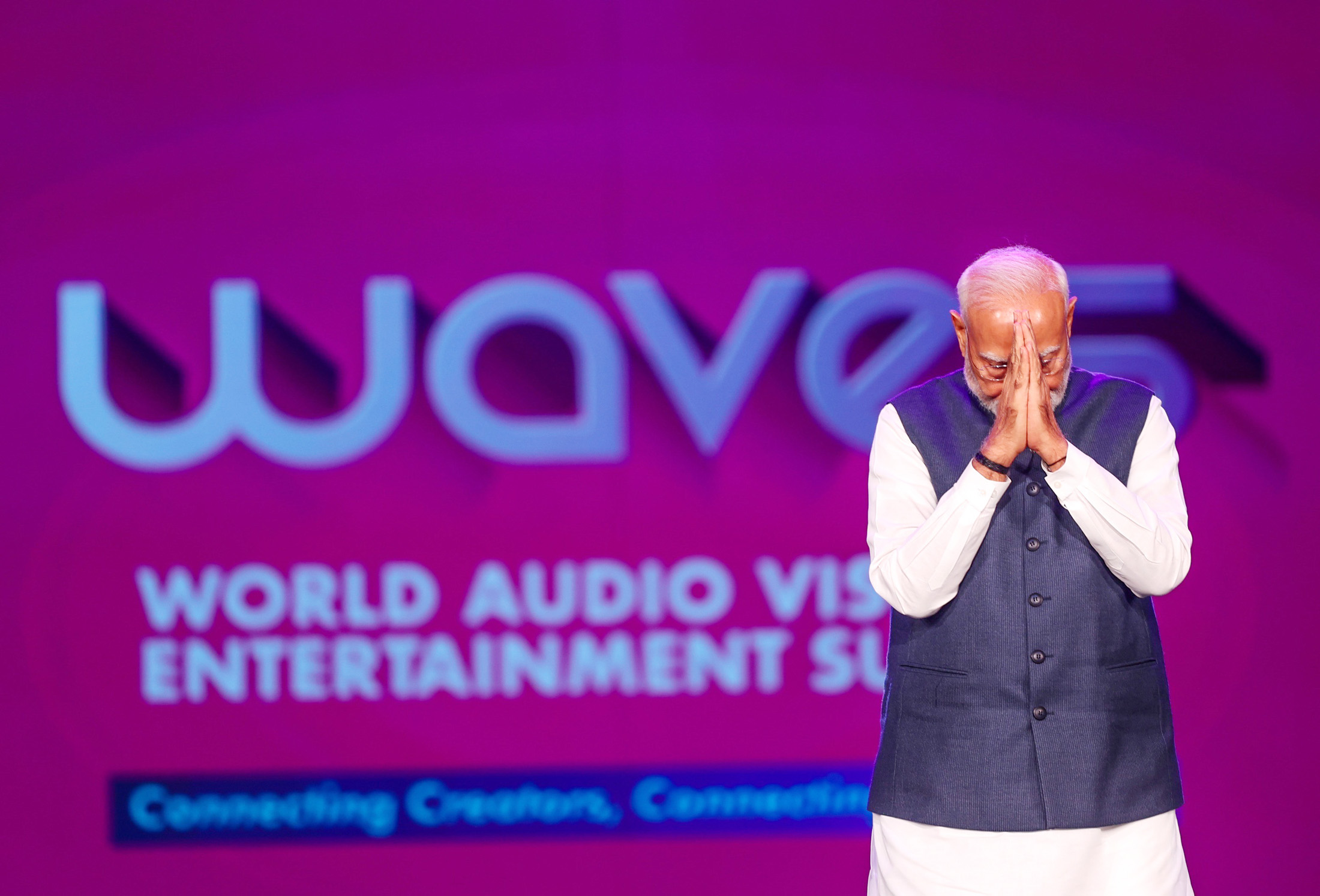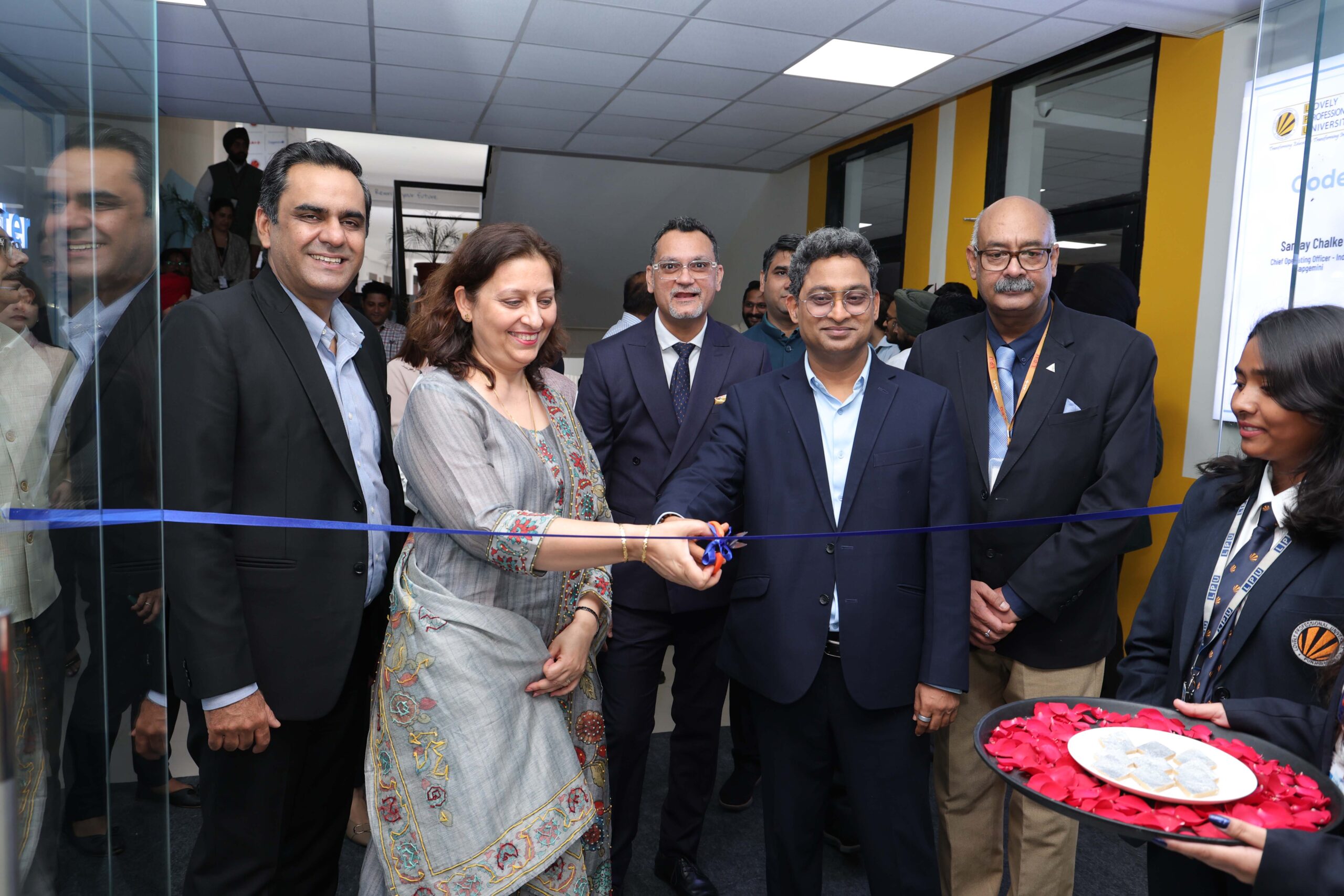New Delhi, Aug 12 (INB) The Union Public Service Commission , which conducts service examinations for the centre, will be marking 100 years of its existence with a year-long series of events and activities, an official statement said on Tuesday.
As part of the celebrations, UPSC is planning to release a logo and a tagline symbolizing the Commission’s service to the nation. Various new initiatives and reforms are also being planned and will be launched during the Centenary Year.
UPSC Chairman Ajay Kumar said that the Centenary Year celebrations will begin on October 1 2025 and continue until October 1, 2026.
Subsequent to the provisions of the Government of India Act, 1919, and the recommendations of the Lee Commission (1924), the Public Service Commission was established in India on 1st October 1926. Later named the Federal Public Service Commission (1937), it was renamed the Union Public Service Commission with the adoption of India’s Constitution on 26th January 1950.
“Since its inception, UPSC has been a symbol of transparency, fairness, and meritocracy, ensuring the selection of the most deserving candidates through a rigorous and impartial process for senior-level positions in Government services,” Kumar said.
As part of the celebrations, UPSC is planning to release a logo and a tagline symbolizing the Commission’s service to the nation. Various new initiatives and reforms are also being planned and will be launched during the Centenary Year.
UPSC Chairman Ajay Kumar said that the Centenary Year celebrations will begin on October 1 2025 and continue until October 1, 2026.
Subsequent to the provisions of the Government of India Act, 1919, and the recommendations of the Lee Commission (1924), the Public Service Commission was established in India on 1st October 1926. Later named the Federal Public Service Commission (1937), it was renamed the Union Public Service Commission with the adoption of India’s Constitution on 26th January 1950.
“Since its inception, UPSC has been a symbol of transparency, fairness, and meritocracy, ensuring the selection of the most deserving candidates through a rigorous and impartial process for senior-level positions in Government services,” Kumar said.

